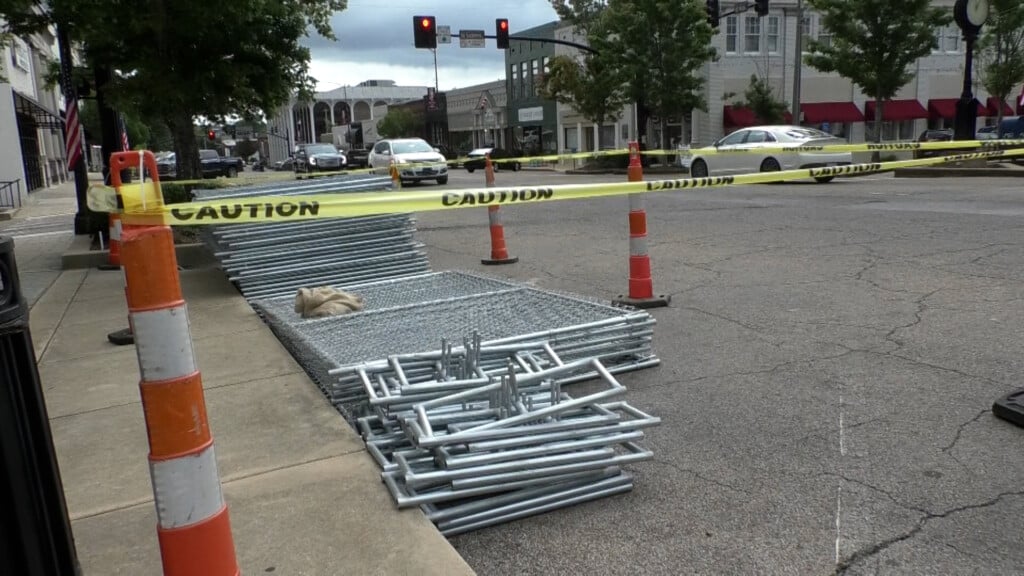Video: Area Law Enforcement Agencies are Brushing Up on Their Skills This Week
STARKVILLE, Miss. (WCBI) – About 40 law enforcement officers took part in the District Attorney’s Office law enforcement training course.
The officers and deputies are learning how to be more effective and to help prosecutors build stronger cases.
Today, it was back to basics as officers went over the basics of interviewing witnesses and identifying suspects.
Noxubee County Sheriff Terry Grassaree says the goal of the course is to get better at every aspect of the job.
“It is a unilateral thing that everybody is on the same page, got the same flow, and know some of the same things we need. So, I call Lowndes County and I say, ‘what about this,’ and they say okay, ‘well we can help you with this because we were all at the same training,’ and most of them are investigators that’s here, so it’s a good thing to network also.”
Networking and being on the same page leads to better cases in the courtroom.
“You don’t ever want to get to the point where you have a court case and you lose as a community, as a city, you lose the case, due to the fact that you mishandled evidence. You didn’t get the right statements, you didn’t get the right people that were involved in the case, so you want to make sure you’re taking the bad guy down, that you have all the factors that you need to make that case where he’s convicted,” says Starkville Police Officer Quentin Saulsberry .
That’s why every bit of detail is important when it comes to working cases.
When it comes to suspect details, ‘the quartering method’, which breaks the body up from head to toe, can help pick up better information on that person.
“Things that are unique and see, that’s how we get a good description, not just that we have a white male that’s in his mid 20’s. That’s how much of the population? Let’s get more specific. What sets this person aside from everybody else,” says instructor, Chief Mark Bailey.
Observing and listening go hand in hand and both were required in this exercise.
Half of the room watched a video, while the other half had to interview them on what they saw.
It’s one out of four stages taught in the interviewing process.
“Listening to the detailed summary and understand, everybody has bias. It’s going to be how they understand it, how they felt, what they saw, what they smelled, and what they touched from their point of view,” says Bailey.
Bailey also taught officers and deputies how to look for keys of deception.
Later on this week, the class will go over search and seizure and elements of crime.





Leave a Reply